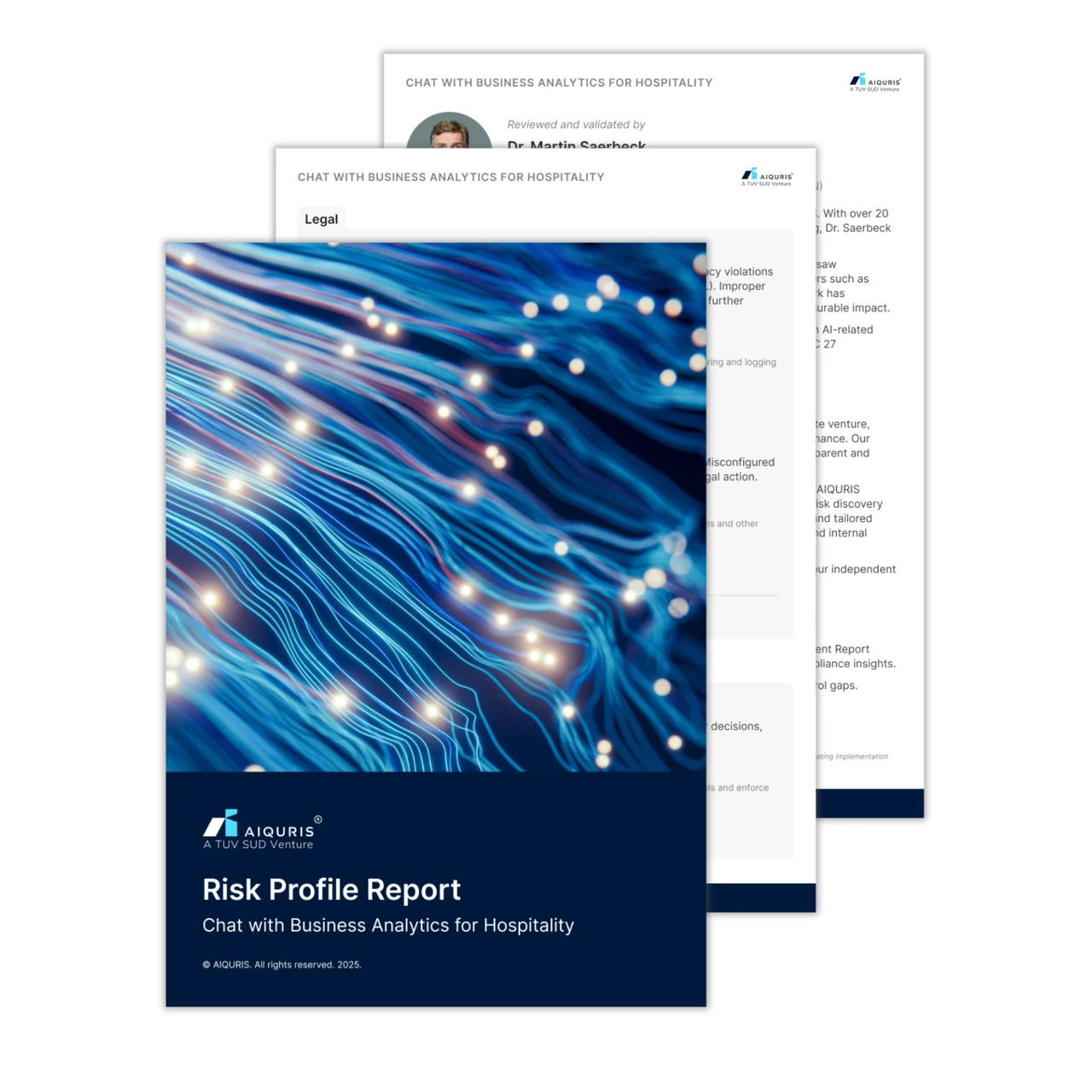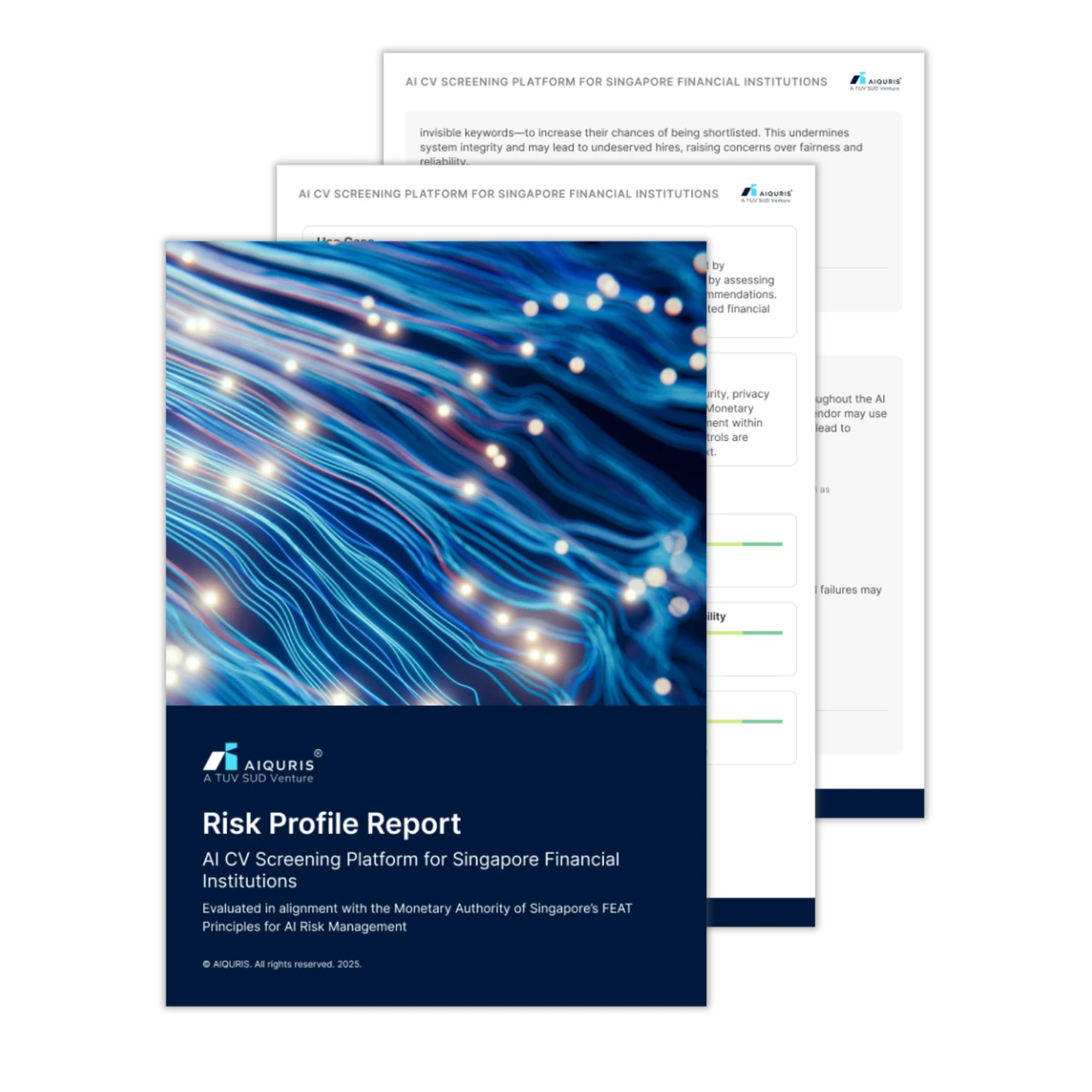Singapore stands as a beacon of innovation, particularly in manufacturing where artificial intelligence (AI) is increasingly integrated into various processes. The efforts to enhance productivity and efficiency through AI necessitate robust governance frameworks. Notably, the manufacturing industry contributes approximately 20% to Singapore's GDP, underscoring its significance.
Types of AI Technologies Powering Smart Manufacturing in Singapore
The integration of AI technologies in manufacturing includes several applications that streamline operations and improve decision-making:
- Data Collection and Analysis: Companies utilise AI–driven sensors and analytics tools for real-time information about production processes. EverComm provides sensor-based energy management solutions that collect and analyse energy usage data from various sources1.
- Predictive Maintenance: Machine learning algorithms enable manufacturers to predict when machinery will fail or require servicing, minimising downtime and maximising efficiency. Niveus Solutions offers AI-powered predictive maintenance as part of its Smart Factory Solutions in Singapore2.
- Robotics and Automation: Advanced robotics powered by AI automate repetitive tasks, improving speed and precision while reducing human error. Botsync’s AI-integrated robots are designed to work alongside human operators, automating material movement and improving workflow efficiency in manufacturing environments3.
These technologies demonstrate how AI can transform traditional practices into smarter systems.
Why Governance Matters: Key Drivers Behind Responsible AI in Manufacturing
- Ensuring Compliance: Manufacturers must align AI implementations with local regulations such as Singapore’s Model AI Governance Framework, emphasising transparency and fairness.
- Mitigating Risks: Effective governance identifies biases in algorithms and ensures fair decision-making processes.
- Fostering Innovation: A solid framework encourages exploration of novel AI applications without compromising ethics.
By focusing on these objectives, manufacturers can leverage AI technologies more effectively while maintaining public trust.
Barriers to Scalable AI in Manufacturing
While AI offers substantial advantages, challenges persist:
- Data Quality Issues: High-quality data is essential for training accurate AI models, yet many manufacturers struggle with insufficient datasets.
- Integration Complexities: Integrating AI systems with existing infrastructure often leads to compatibility issues.
- Skill Gaps: There is a shortage of professionals who understand both AI technology and its application in manufacturing.
To tackle these challenges, robust training programmes and investment in talent acquisition are vital. AIQURIS helps tackle these challenges by using standardised inputs to improve data quality, making it easier to link AI tools with existing systems through a modular setup. It also supports teams with clear dashboards and tailored risk insights to build skills and boost AI maturity across the organisation.
Implementing AI Responsibly: Practical Strategies for Manufacturers
Implementing responsible AI requires specific strategies:
- Explainability Techniques: Methods clarifying how AI systems make decisions foster user trust and minimise resistance to adoption.
- Continuous Monitoring: Regular audits help detect biases, ensuring compliance with established ethical norms.
- Stakeholder Engagement: Involving operators and consumers in development enhances feedback loops and allows for iterative improvements.
These strategies not only improve the efficacy of manufacturing operations but also align seamlessly with AIQURIS, enabling organisations to maintain high governance standards throughout their AI journey.
Frameworks Guiding Ethical AI in Manufacturing: Singapore and Global Standards
Establishing comprehensive governance frameworks is crucial for responsible AI integration. Key resources include:
- Responsible AI Singapore: Guidelines promoting transparency in manufacturing and smart factory governance4.
- Singapore’s Model AI Governance Framework (2nd Ed): Developed by the PDPC, provides practical guidance for deploying AI technologies5.
- OECD Principles on AI: Focus on robustness, transparency, and accountability6.
- IEEE Ethically Aligned Design: Addresses industrial automation and system safety7.
- ISO/IEC 42001:2023 (AI Management Systems): Offers structured management approaches to integrating AI responsibly8.
AIQURIS translates these frameworks into structured, actionable requirements. The platform provides automated traceability across standards and use cases for organisations.
How AIQURIS De-risks AI Adoption in Smart Manufacturing
AIQURIS offers visibility and control over AI systems, ensuring all risks and quality requirements are managed effectively. It enables organisations to:
- Identify and Mitigate Risks: Proactively uncover potential risks across the AI lifecycle.
- Ensure Compliance: Align AI operations with international standards and Singapore’s governance framework.
- Enhance Transparency: Maintain documentation and audit trails, promoting accountability in AI-driven processes.
Conclusion
As Singapore evolves as a hub for AI-driven manufacturing, integrating responsible governance frameworks will be paramount. Initiatives like AIMfg exemplify the commitment to fostering innovation responsibly, ensuring that advancements in AI yield tangible benefits for the sector. By leveraging tools such as AIQURIS, organisations can navigate the complexities of AI implementation confidently, positioning themselves for sustainable success. Contact us today to learn how we can support your AI journey toward responsible and effective solutions.






